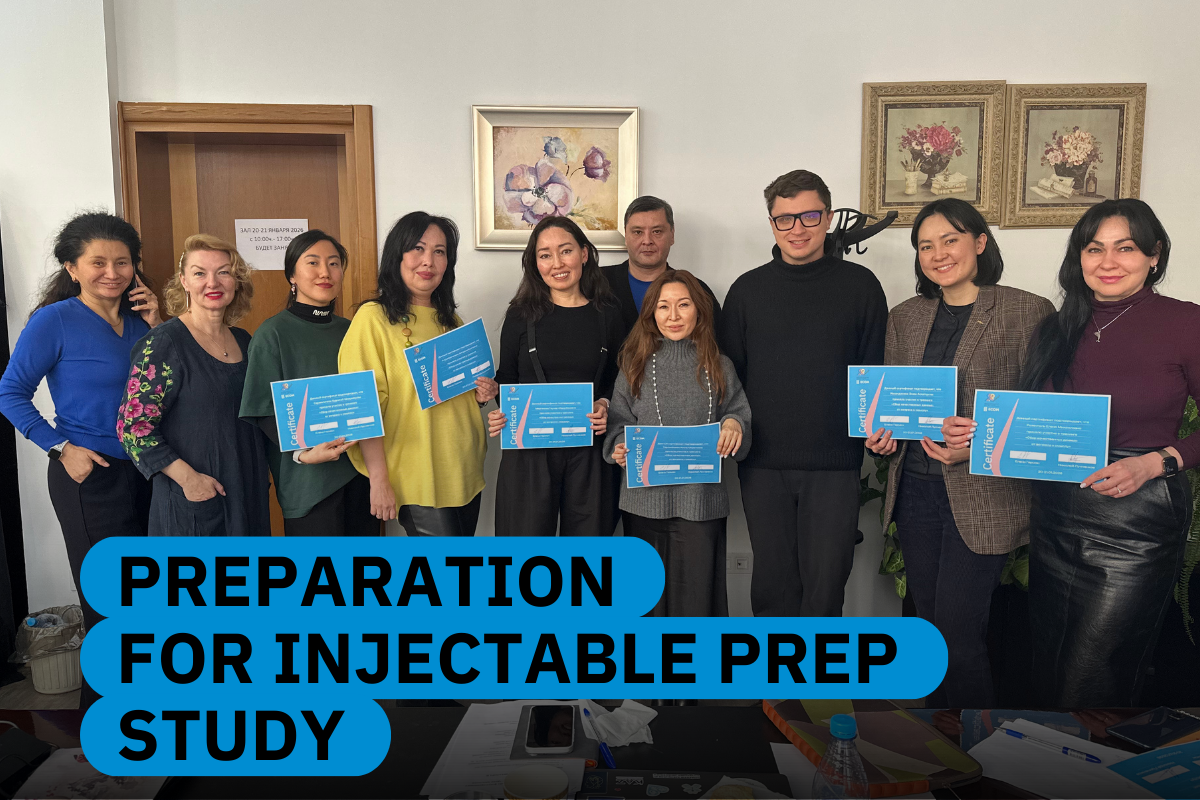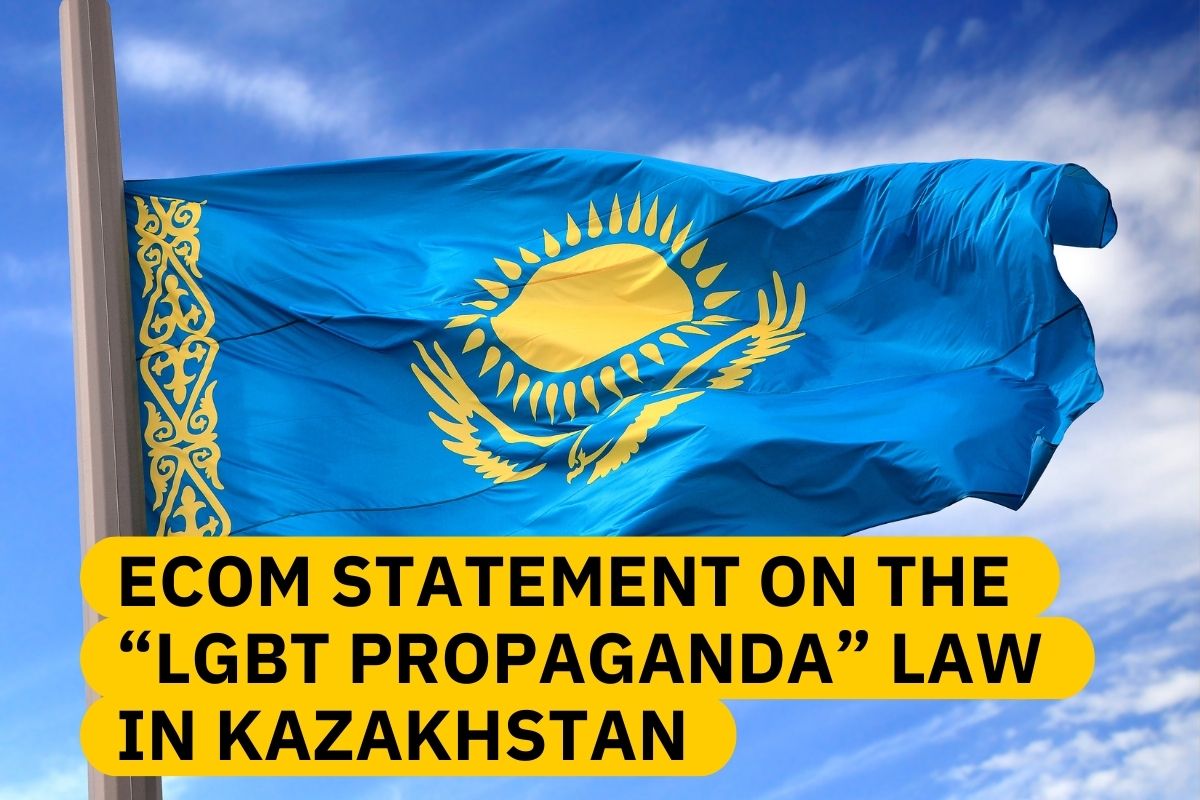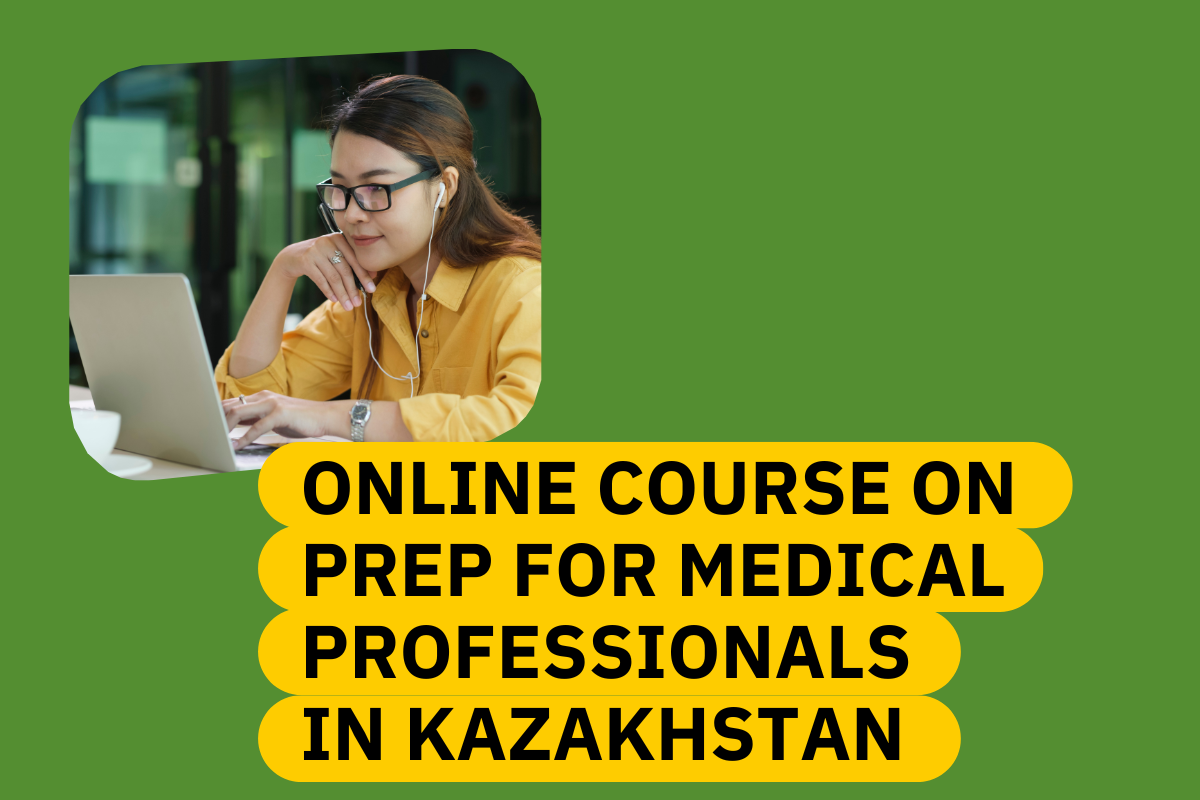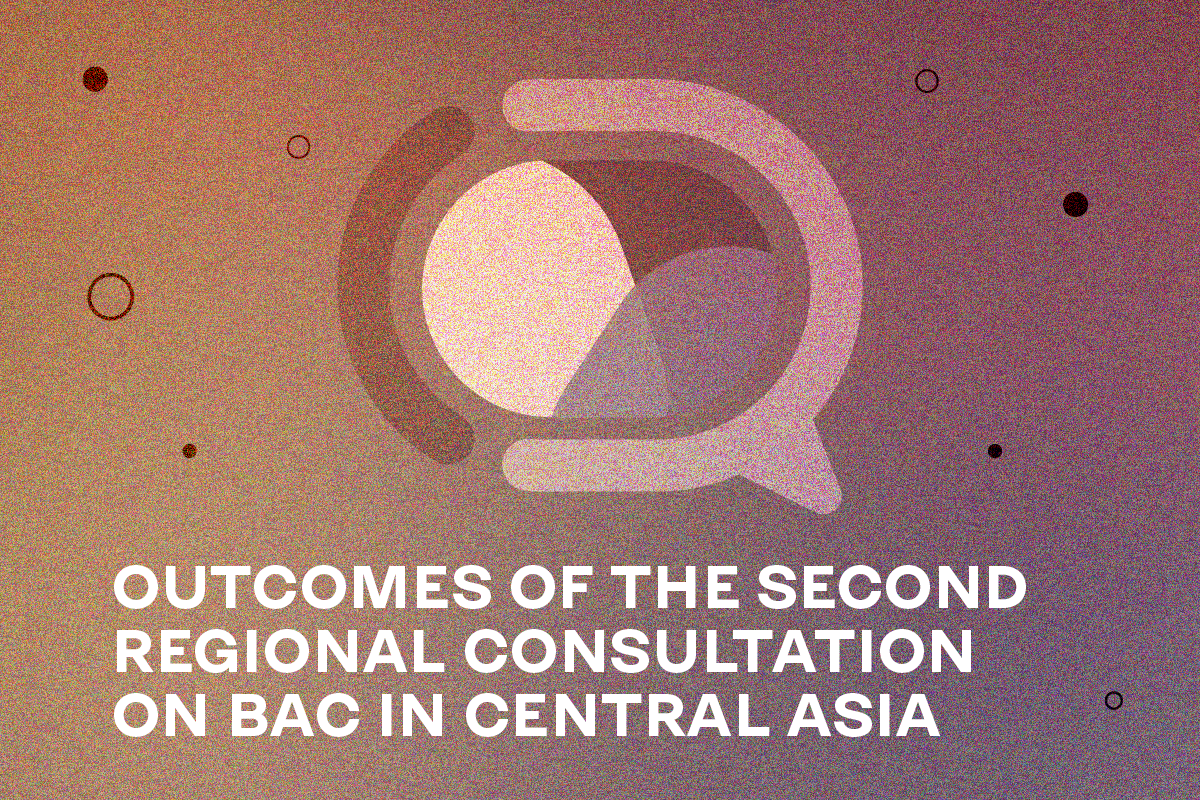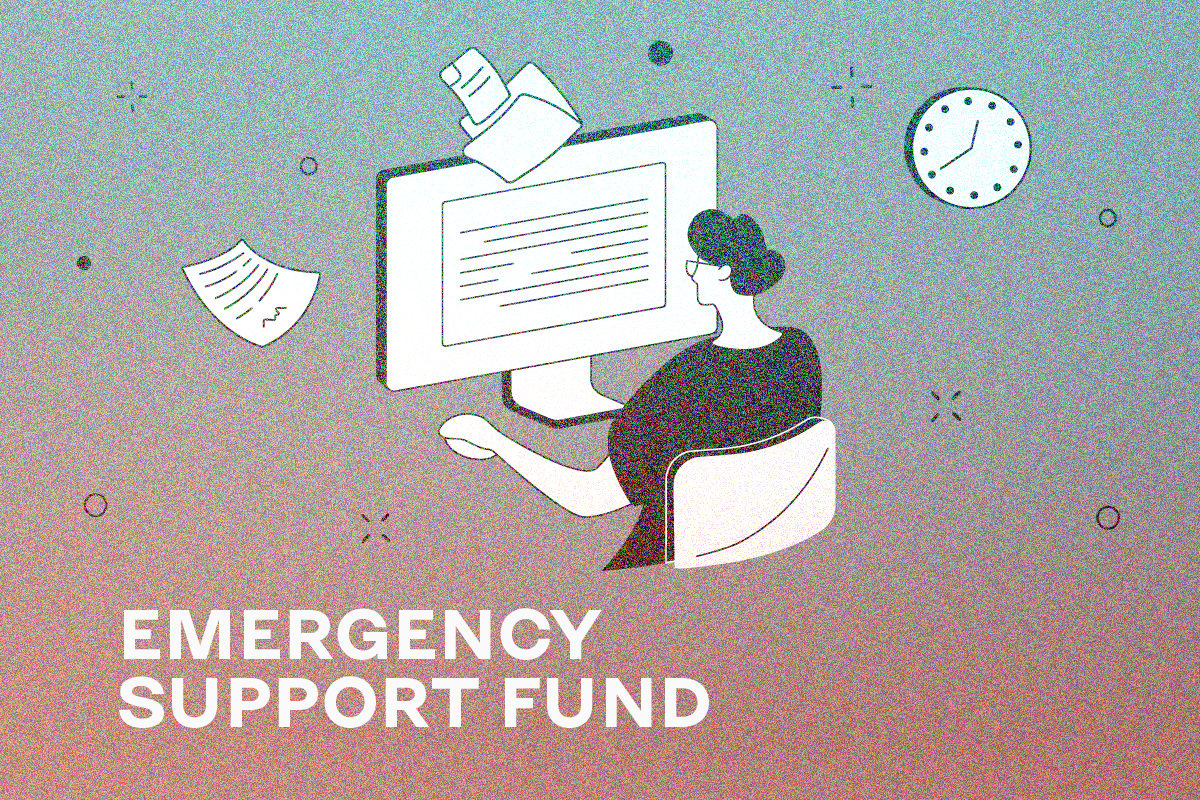On November 21–22, the 1st (Sub) Regional Consultation on PrEP among MSM and trans people in Central Asia was held in Almaty. This is the first consultation of this scale, which brought together all key stakeholders: representatives of the LGBT community of Kazakhstan, Kyrgyzstan, Tajikistan and Turkmenistan, health specialists, international organizations and donors.
ECOM — Eurasian Coalition on Health, Rights, Gender and Sexual Diversity — organized this event with the support of the WHO Regional Office for Europe, Alliance for Public Health (Ukraine), Human Health Institute (Kazakhstan) and Kyrgyz Indigo (Kyrgyzstan).
The main result of the consultation was a communiqué with recommendations for countries on expanding PrEP programs in the Central Asia (CA) region. The communiqué was prepared based on the work of more than 100 consultation participants over two working days and seven thematic sessions, during which experts discussed current issues in the context of expanding PrEP programs in the region.
During the session “PrEP from a community perspective”, NGOs from Kazakhstan, Kyrgyzstan and Tajikistan shared their experience, feedback and vision on how to improve and expand local programs. The common vision of community representatives converges on the demand to provide more places where PrEP can be received: from clinics to NGOs.
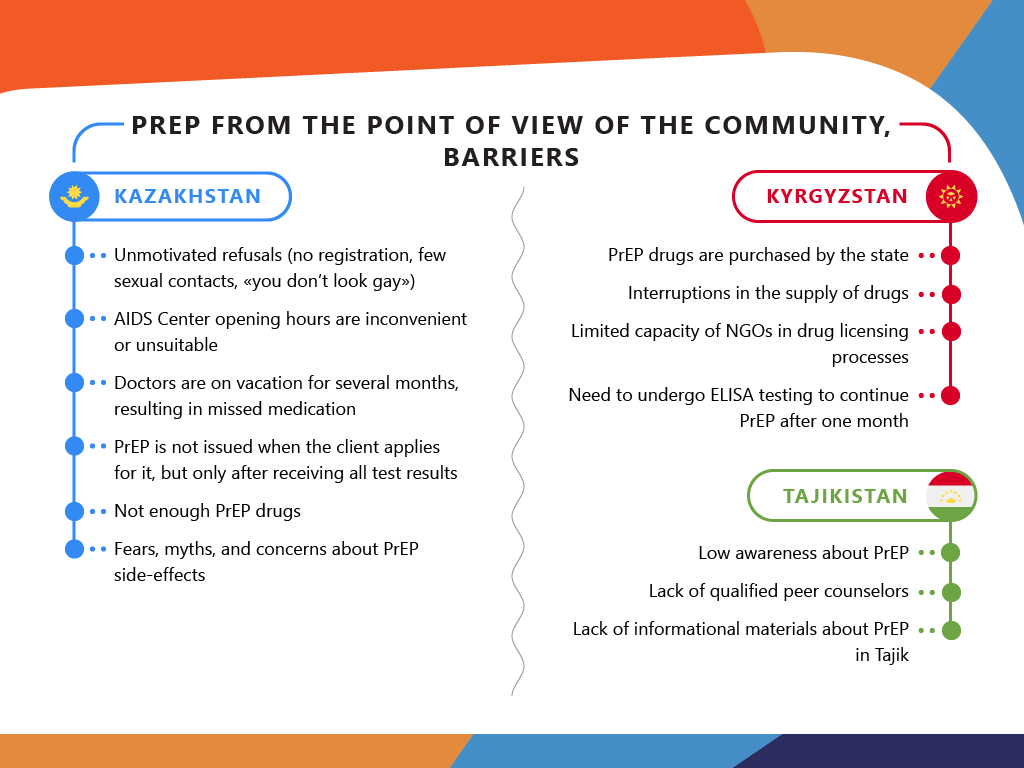
It is difficult to overestimate the role of donors supporting prophylaxis programs in the region. The session “Role of international donors in PrEP programs implementation” provided an honest dialogue with local communities and made it possible to discuss strategic objectives from the international partners’ point of view and the local context for their adaptation.
During the session, the participants were able to discuss specifics and strategies that different donors support. Complementary approaches lead to more comprehensive and even coverage of needs. And the focus of donors’ work is mostly aimed at:
● Community leadership at all levels, centering equity, youth leadership (PEPFAR).
● Development of policies, plans, budgets (Global Fund).
● Adaptation of supply chain systems, preparation of product delivery sites (Global Fund).
● Support of PrEP implementation and effective use (Global Fund).
● Almaty model, model for migrants among key populations from Central Asian countries, Riga model (EJAF).
● Innovations (adaptation, risk taking, culture), smart data, integration, transparency (PEPFAR).
● Status-neutral approach + HIV self-testing for all (PEPFAR).
● Expansion of PrEP services in Kazakhstan, Kyrgyzstan, Tajikistan (PEPFAR).
Presentation of the experience of the eight-year EpiC project, funded by PEPFAR and USAID, led by FHI360, which works in three countries of Central Asia, demonstrated comprehensive solutions for PrEP implementation: conducting training for community workers, developing guidelines on how to create compelling messages in PrEP counseling, implementing client-centered program design, creating educational materials, using online promotion tools, introducing hybrid community-based PrEP models, etc.
Overall, the PEPFAR strategy is designed to significantly expand the PrEP program in the region.
Experts spoke about effective strategies for implementing PrEP among key populations and optimizing PrEP services in Central Asian countries during the session “Innovations in the field of PrEP and integration with other services”. The participants examined how the experience of individual countries could be implemented within the region.
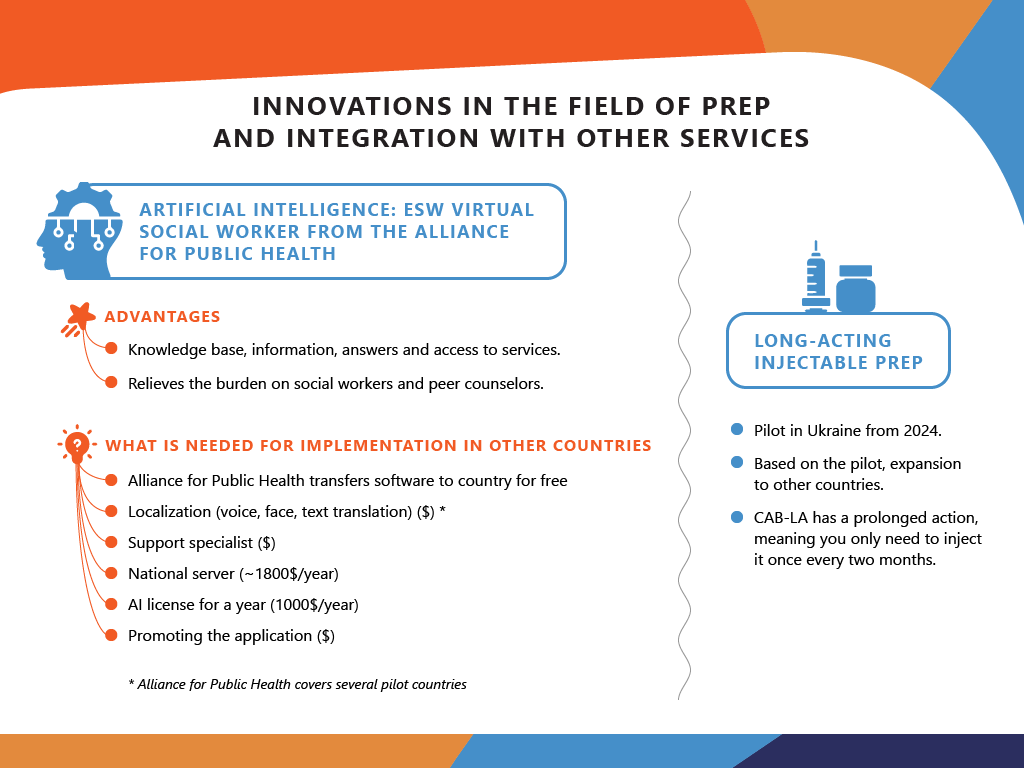
At the communications session, the participants discussed best practices for creating demand, working with target audiences, and targeted models for achieving planned coverage to build knowledge about PrEP. Trends in social networks, TikTok as a headliner in creating viral content and “tone of voice” in communication with the audience are some of the key topics of the sessions.
At the same time, a large-scale information campaign to increase demand for PrEP continues in the EECA region. The campaign is being carried out by ECOM as part of SoS_project 2.0. All information on how and where to get PrEP in EECA countries is available on the website https://getprep.social
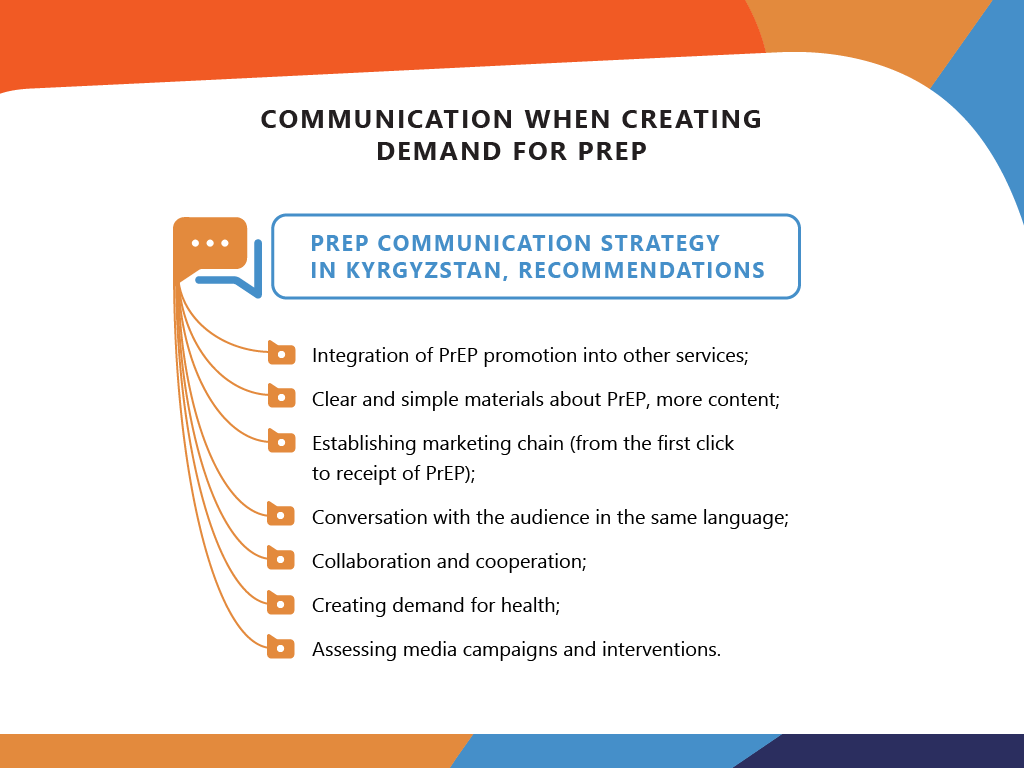
During the session “Trans community and PrEP in Central Asia”, ECOM presented the results of a survey among trans people about the barriers to PrEP access that trans people themselves see.
National partners, in turn, emphasized that, for example, in Tajikistan trans people must receive PrEP as an MSM group (code 103), and in Kyrgyzstan trans women have access to PrEP only if they are not taking hormone replacement therapy. As for Kazakhstan, the partners pointed out that the country lacks a trans inclusive environment and that trans people are not singled out as a separate key population group.
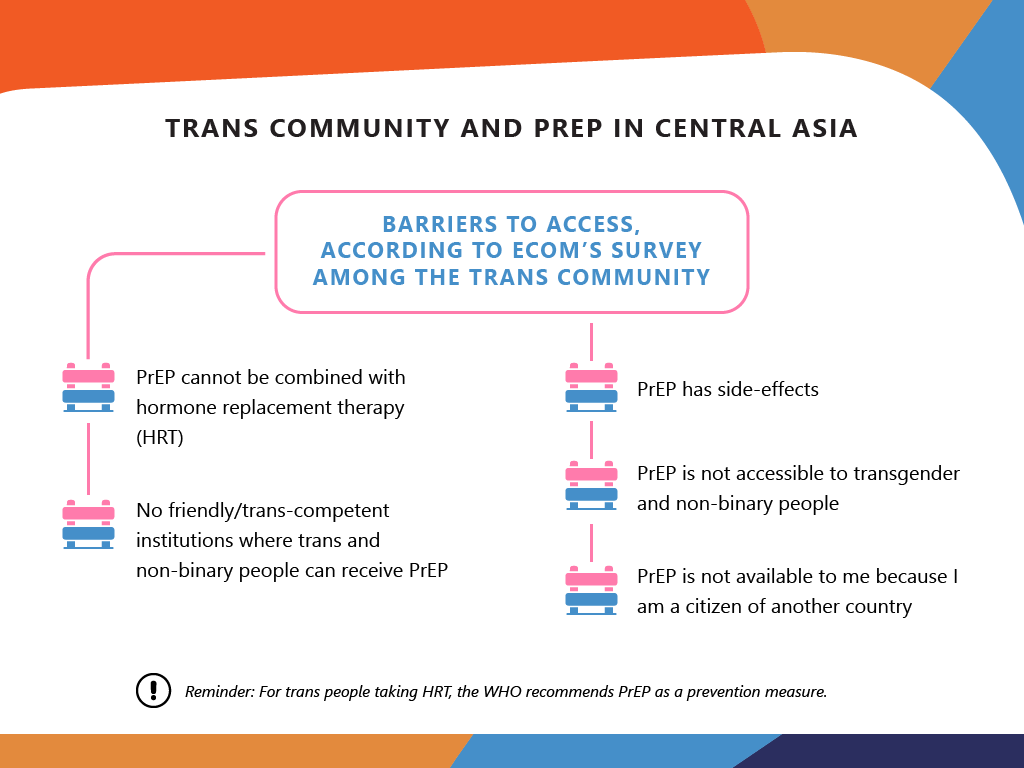
Discussion of the current situation regarding chemsex among MSM and trans people, its impact on the risks of HIV infection and other aspects related to sexual health and well-being became the topic of a separate session. Pre-exposure prophylaxis for HIV is now part of a comprehensive approach to sexual health care. At the same time, the presentations showed an increase in the consumption of new psychoactive substances in the region, which results in riskier sexual practices and might lead to new risks of HIV infection.
“Human rights and their violation as barriers to access to PrEP implementation in Central Asia” was the final session of the two-day consultation in Almaty.
In 2022, ECOM and partners in countries collected 772 cases of rights violations in 8 countries of the EECA region: Armenia, Kazakhstan, Kyrgyzstan, Moldova, Russia, Tajikistan, Uzbekistan, Ukraine.
Refusal of health services to non-binary people in Kazakhstan, stigma among government bodies as one of the main barriers to PrEP access in Kazakhstan, fear of disclosing one’s status when contacting AIDS centers in Tajikistan are some of the key violations of rights and legal barriers to PrEP access, which were shared by representatives of the community of the CA region.
All information about the nature and causes of violations, recommendations for the countries in the region are available in the report Invisible Voices, which talks about the situation regarding violations of the right to health of LGBT people in the region of Eastern Europe and Central Asia in 2022.
The consultation in Almaty brought together more than 100 participants from all countries of Central Asia and became the first regional platform for the active exchange of experience and development of common approaches to accelerate national and regional efforts to expand the use of PrEP among MSM and trans people.
“As the HIV epidemic is growing steadily among gays, other MSM and trans people in EECA, we know that PrEP can prevent transmission of the virus by 99%. That’s why ECOM is focused on promoting this highly effective method. We co-organized the consultation on PrEP in Central Asia to provide partners in the region with a platform for sharing knowledge and experience. It’s important to involve community organizations in the planning and implementation of PrEP programs from the outset. As the consultation showed, the countries of Central Asia have much to be proud of in this regard,” says Vitaly Djuma, Executive Director of ECOM.

